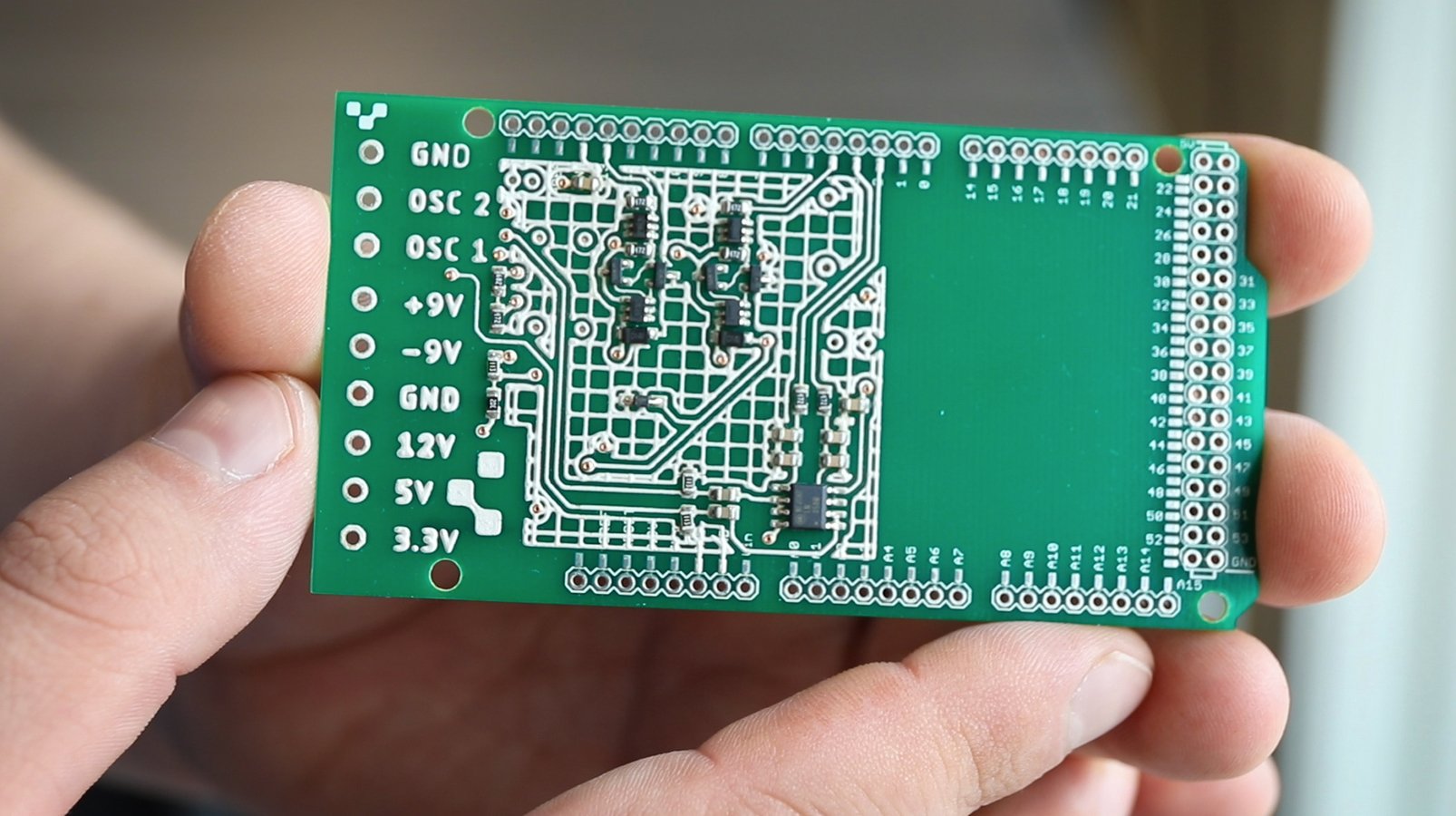Understanding the Role of Printed Circuit Boards: A Vital Component in Modern Electronics
In the world of electronics, the term "Printed Circuit Board" (PCB) frequently emerges as a fundamental component, often overlooked but essential to the functionality of nearly every electronic device. PCBs serve as the backbone of modern electronics, enabling the seamless integration of various electronic components. In this blog post, we will explore the significance of PCBs and their role in the world of technology, while shedding light on the crucial role played by Printed Circuit Board Manufacturers.
What Does a Printed Circuit Board Do?
At its core, a Printed Circuit Board is a flat, rigid board made of non-conductive material, usually fiberglass or epoxy, with conductive pathways etched onto its surface. These pathways, commonly referred to as "traces," serve as the circuit's wiring, connecting and interconnecting the electronic components mounted on the board. In essence, a PCB provides a platform for these components to communicate, work together, and perform specific functions.
The primary functions of a Printed Circuit Board can be summarized as follows:
Component Mounting: PCBs provide a secure platform for mounting electronic components such as microchips, resistors, capacitors, and connectors. These components are soldered onto the board to establish electrical connections.
Electrical Connections: The traces on the PCB facilitate electrical connections between components, ensuring that data and power can flow smoothly. This interconnected network allows for the transmission of signals and the execution of specific tasks.
Signal Routing: PCBs are designed with meticulous precision to ensure that signals follow predefined paths, reducing the risk of interference and ensuring the device's reliable operation.
Size and Space Efficiency: PCBs enable the compact arrangement of components, optimizing space utilization within electronic devices. This efficiency is especially crucial in compact and portable devices like smartphones and laptops.
The Role of Printed Circuit Board Manufacturers
Printed Circuit Board Manufacturers play an indispensable role in the electronics industry. They are responsible for producing PCBs according to precise specifications, meeting the unique requirements of various electronic devices. These manufacturers employ advanced manufacturing techniques to create PCBs that are reliable, durable, and efficient.
In addition to producing standard PCBs, manufacturers can also create custom PCBs tailored to the specific needs of a product or project. Whether it's a complex multilayer PCB for a high-end computer motherboard or a simple single-layer PCB for a remote control, manufacturers ensure that the PCBs meet stringent quality standards.
In conclusion, Printed Circuit Boards are the unsung heroes of modern electronics, serving as the essential framework that enables the functionality of electronic devices. Printed Circuit Board Manufacturers play a crucial role in ensuring the reliability and performance of these vital components, making them a cornerstone of the electronics industry's success. As technology continues to advance, the role of PCBs and their manufacturers will remain paramount in shaping the future of electronics.

Comments
Post a Comment